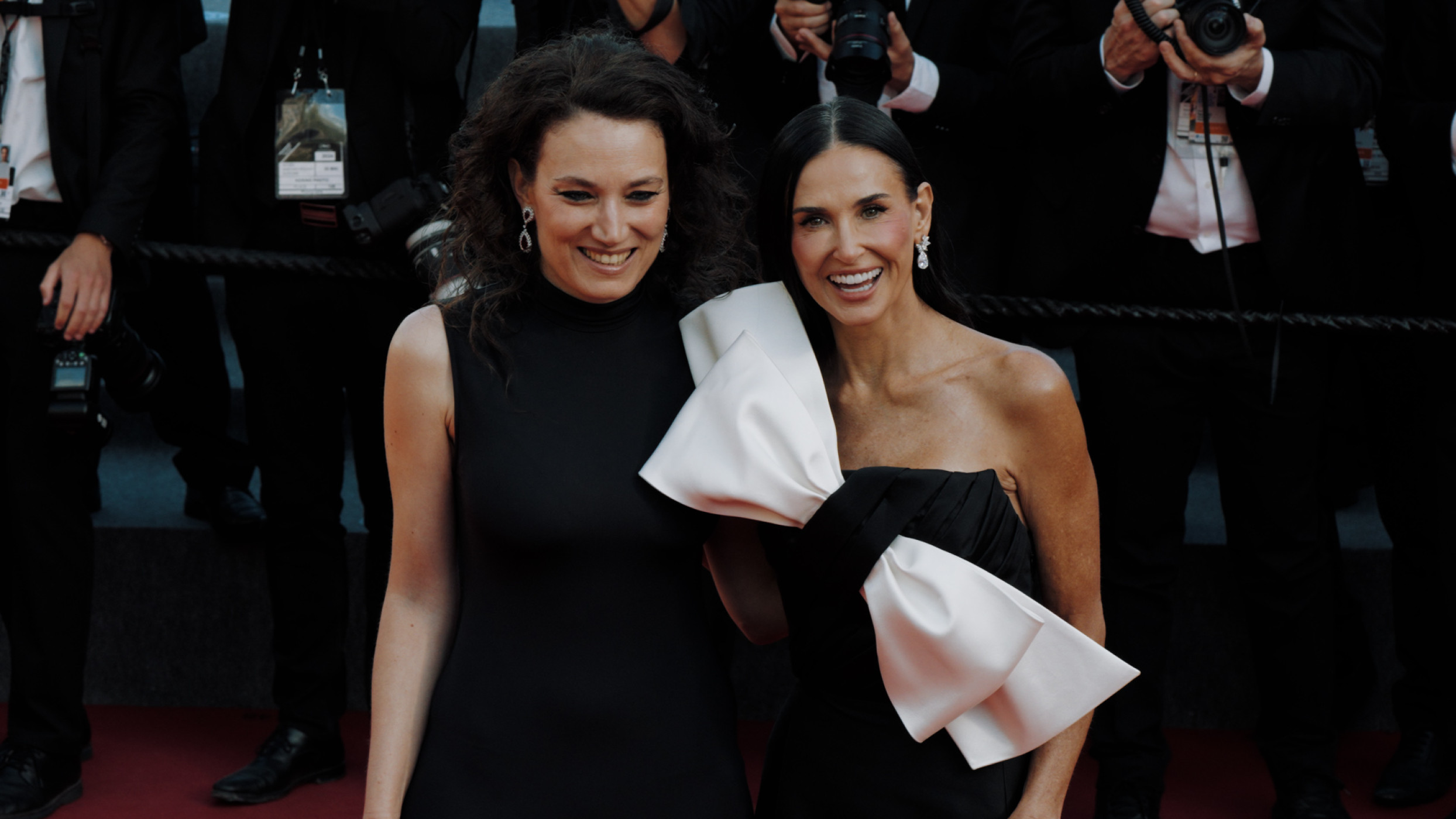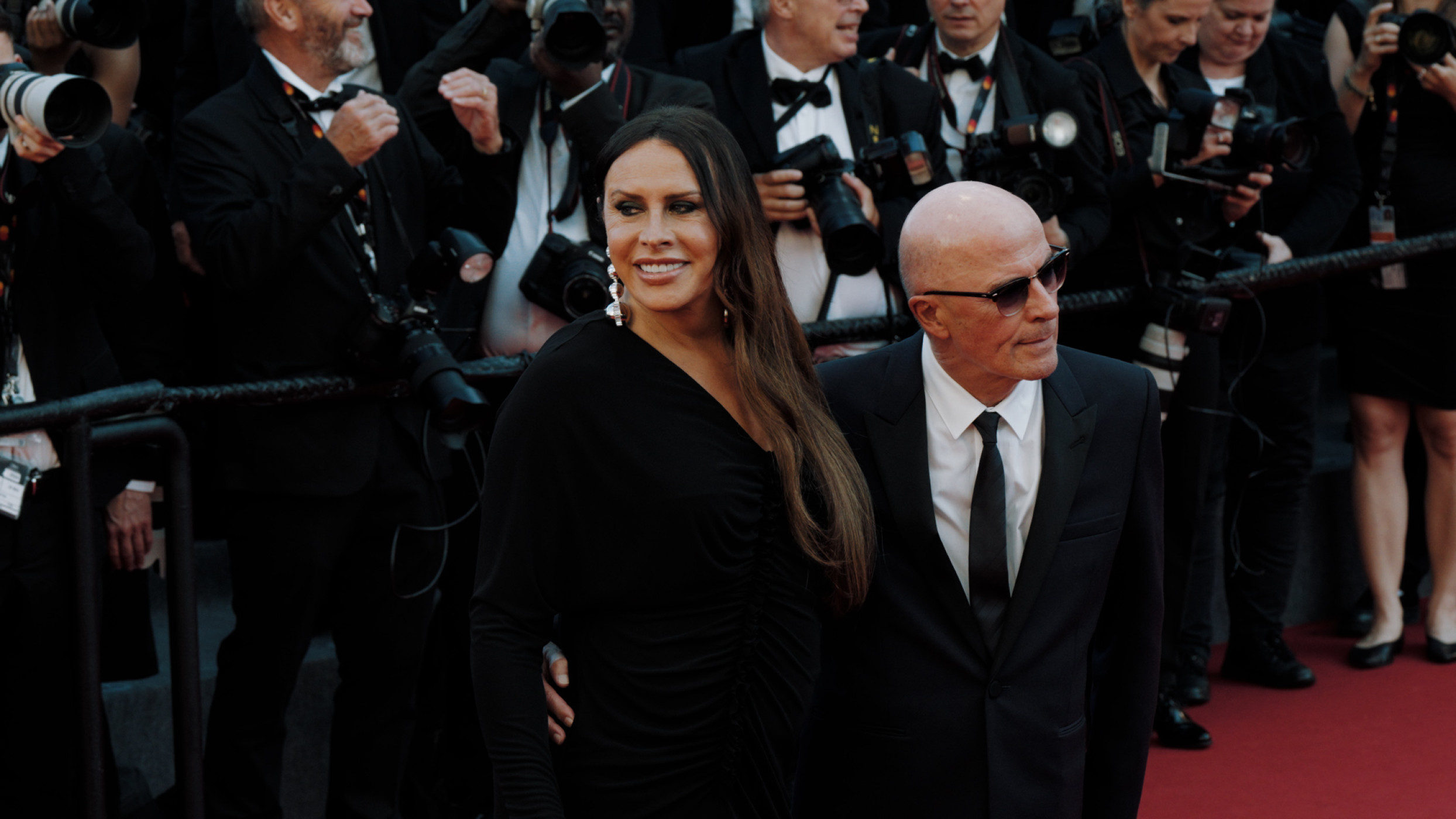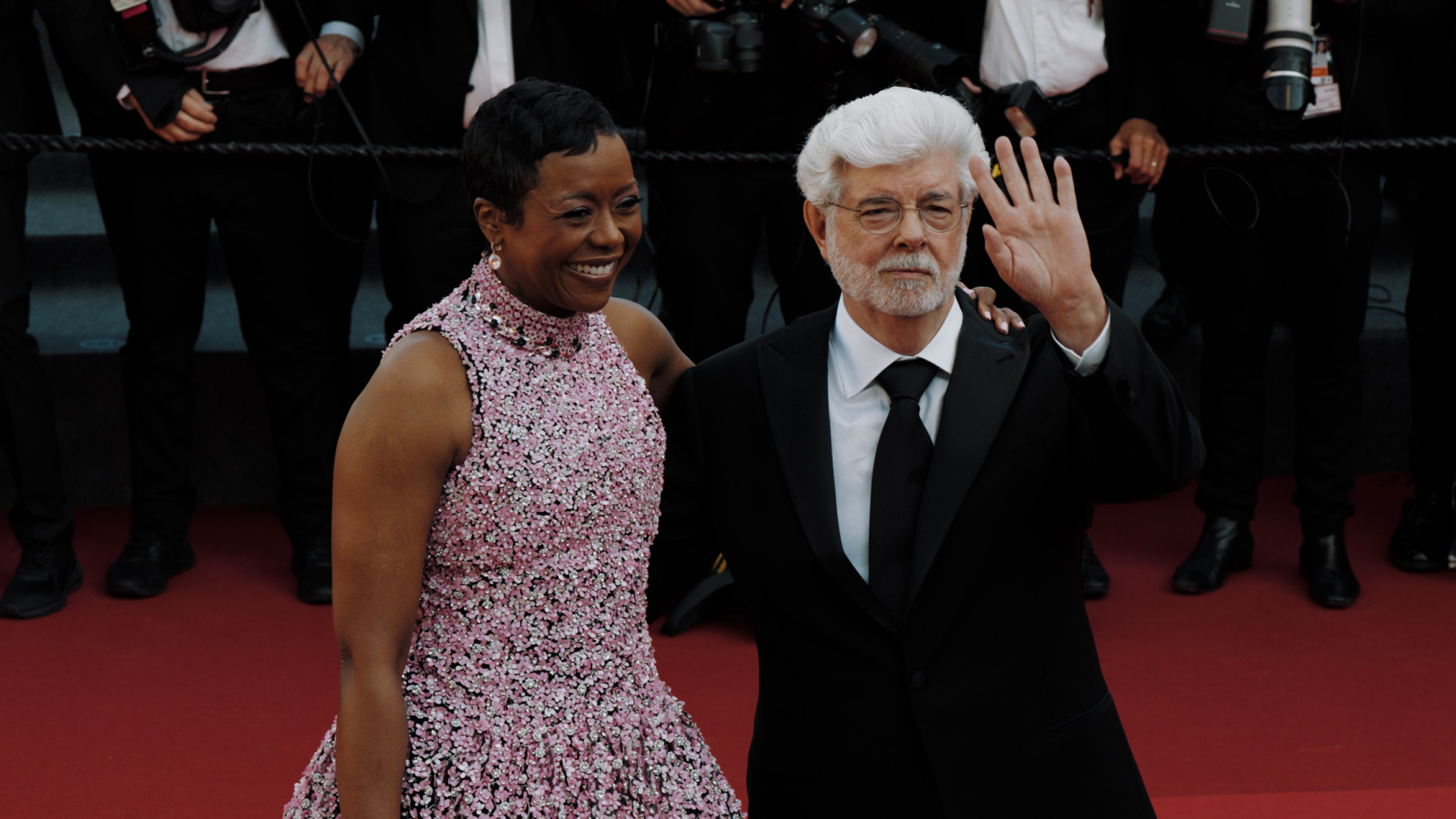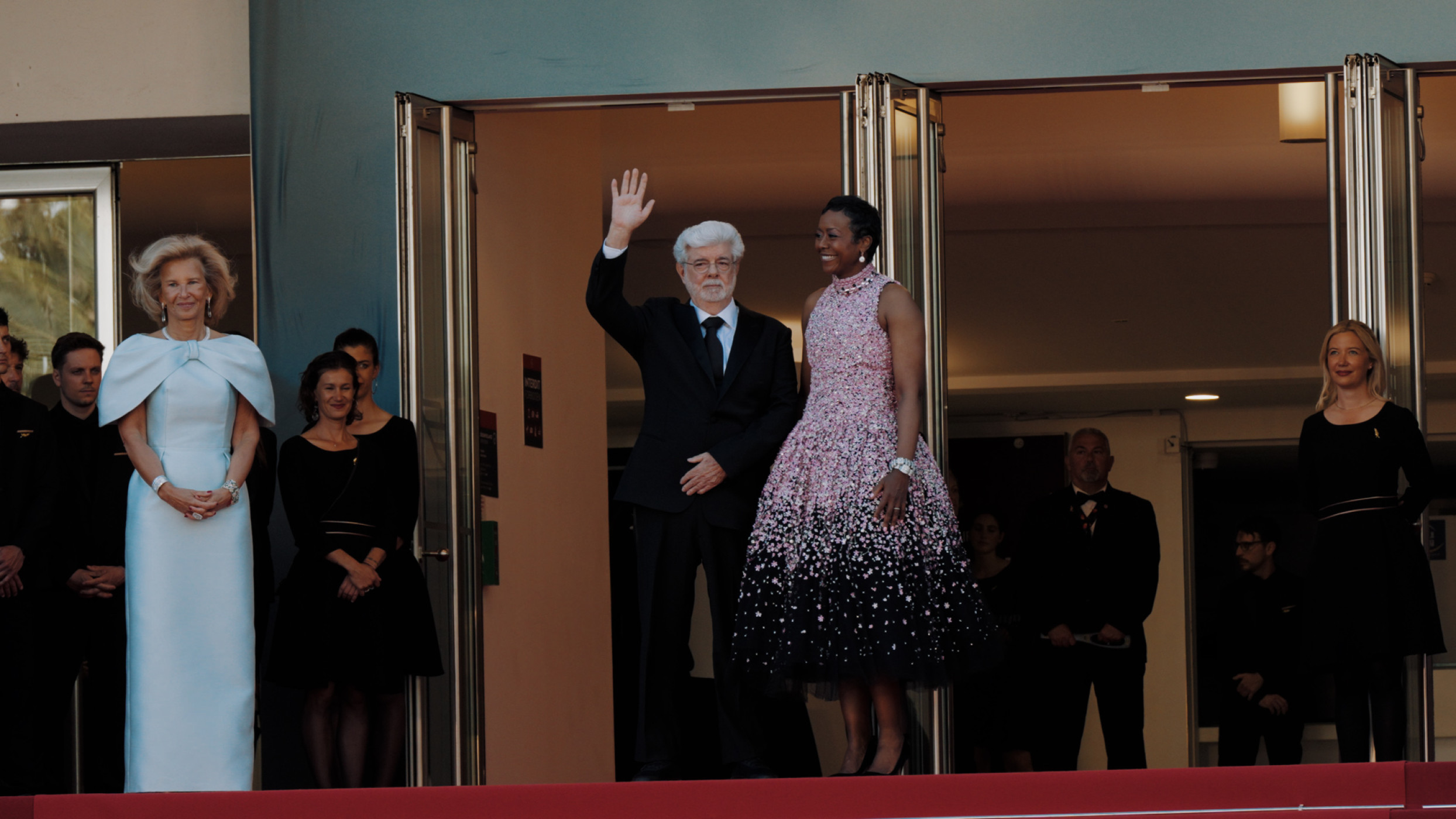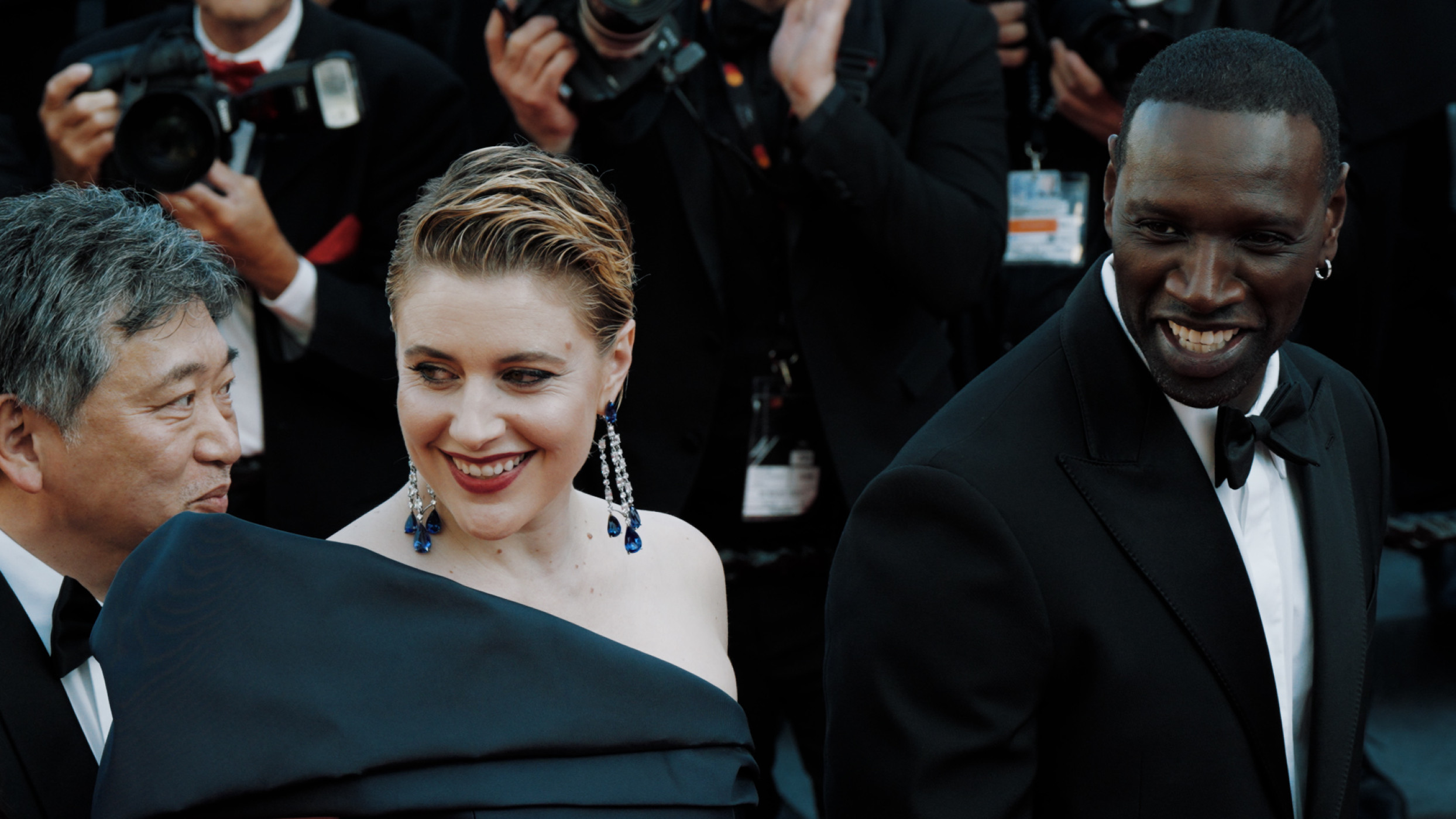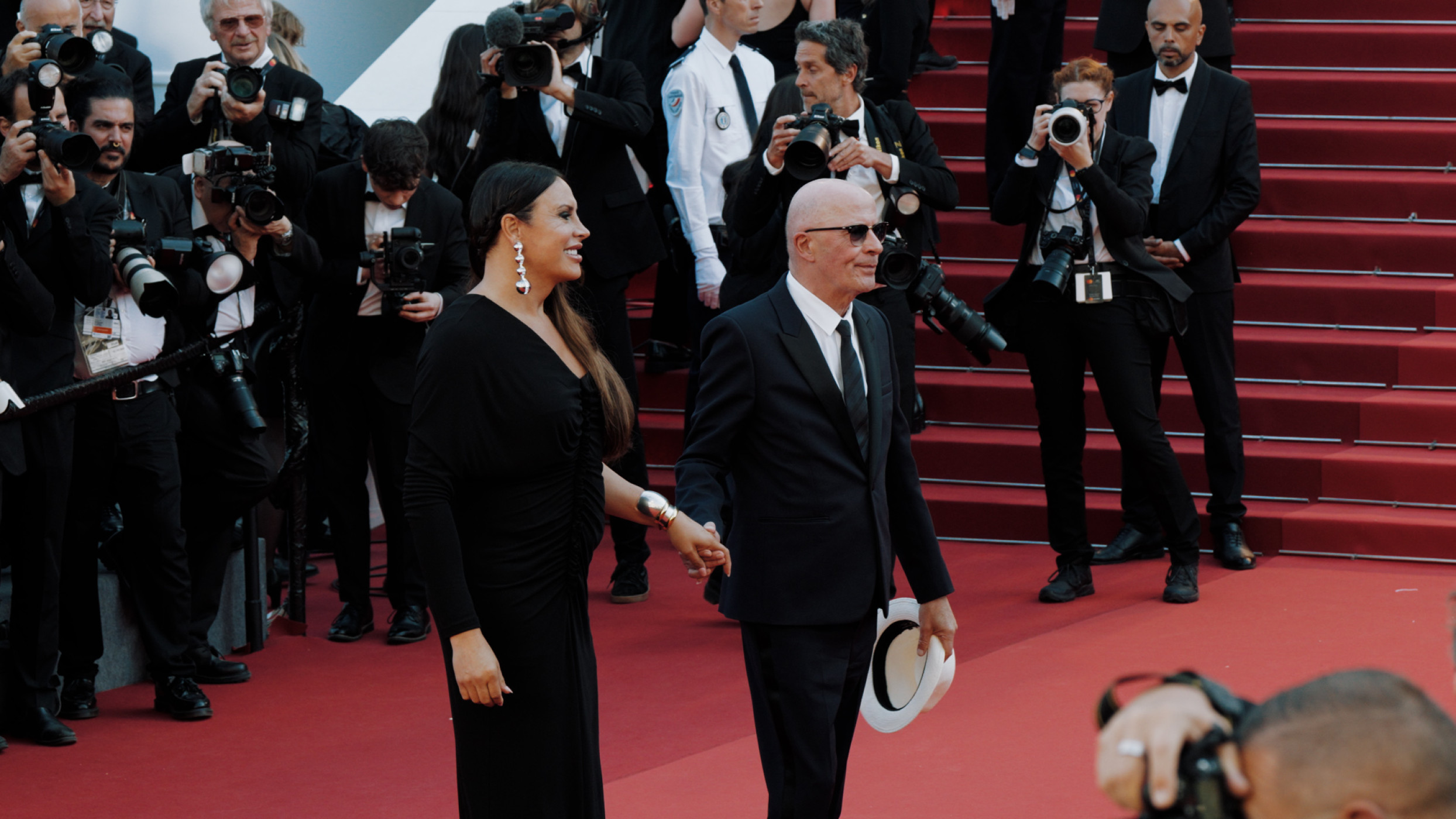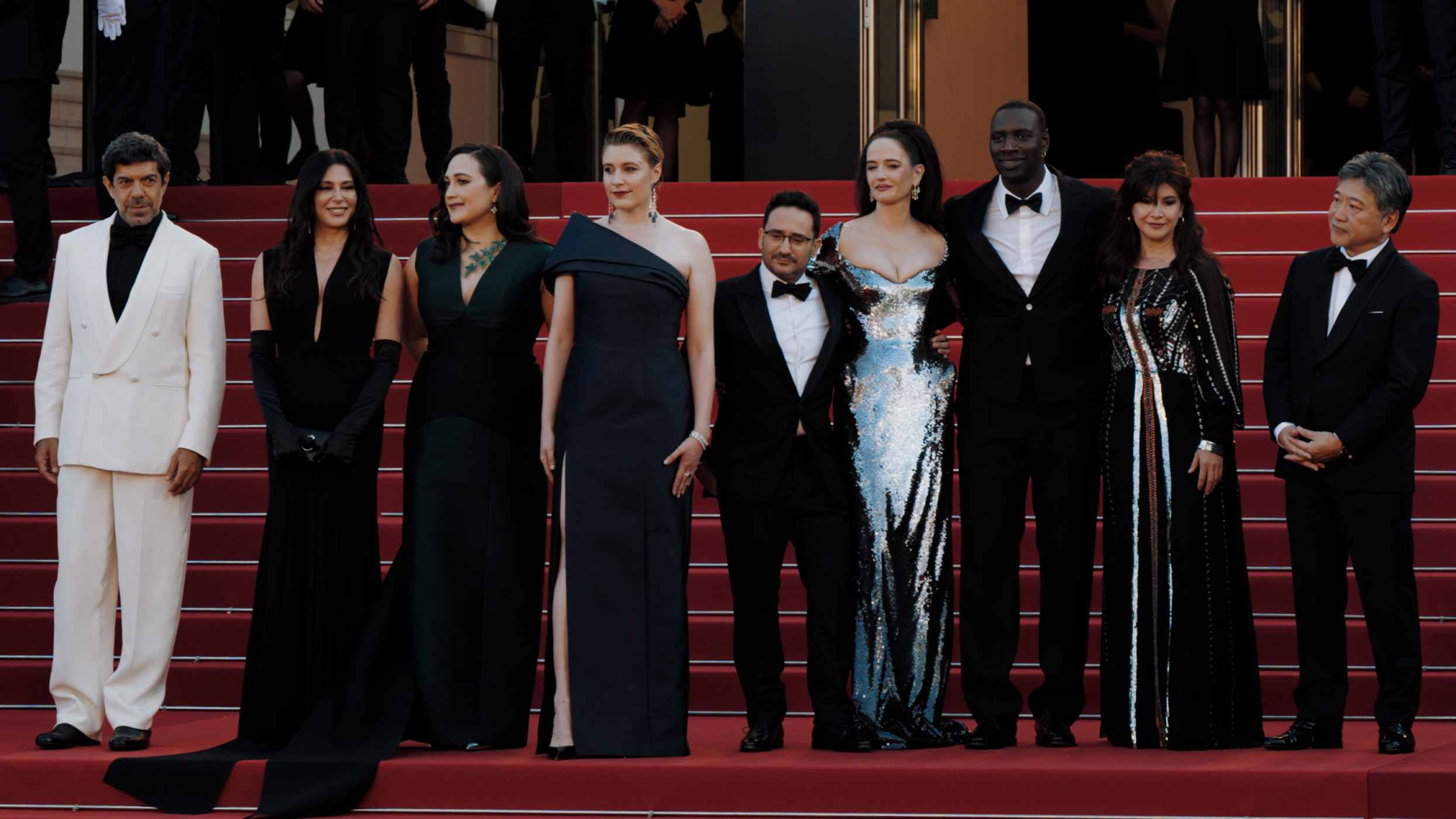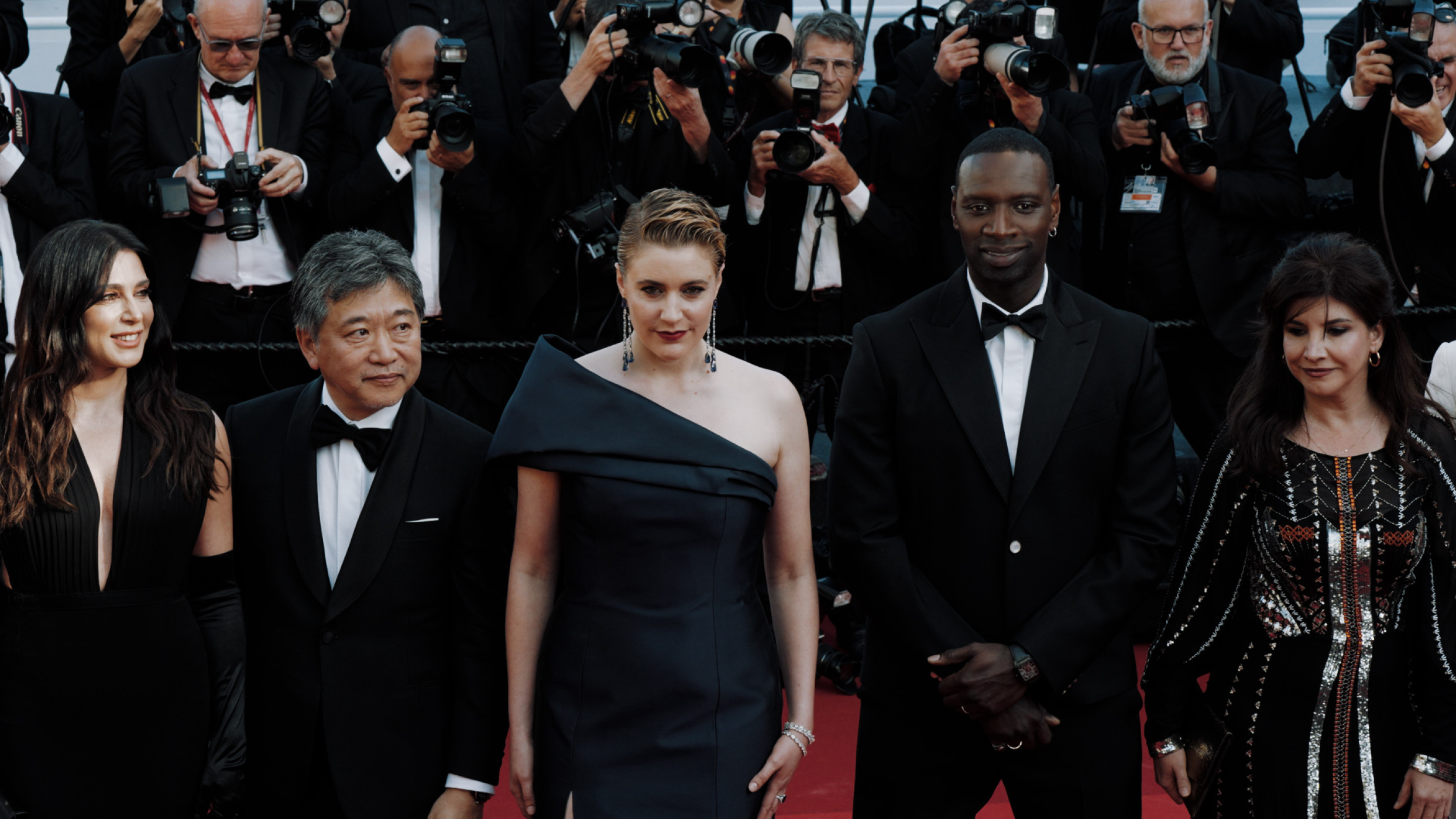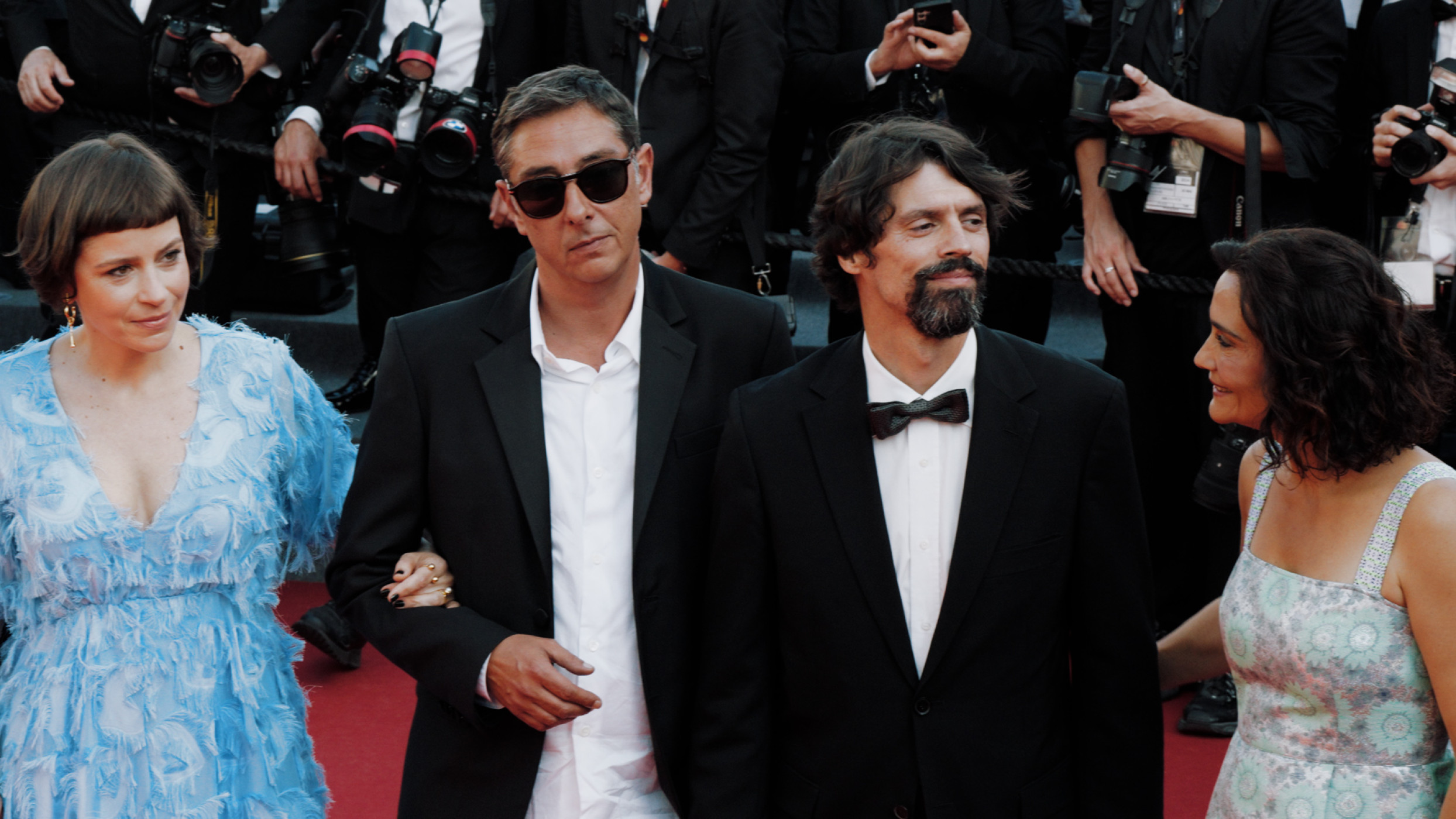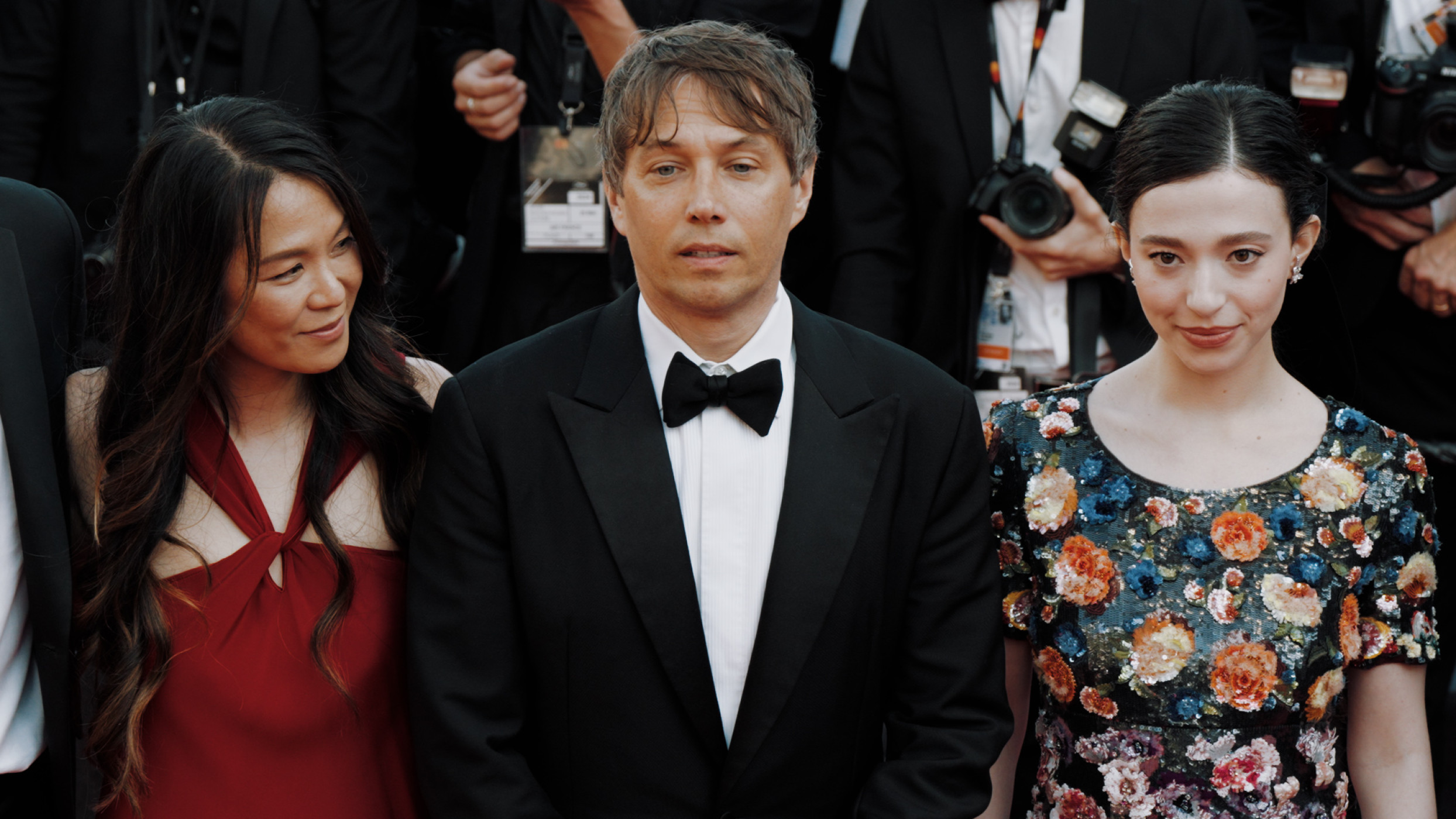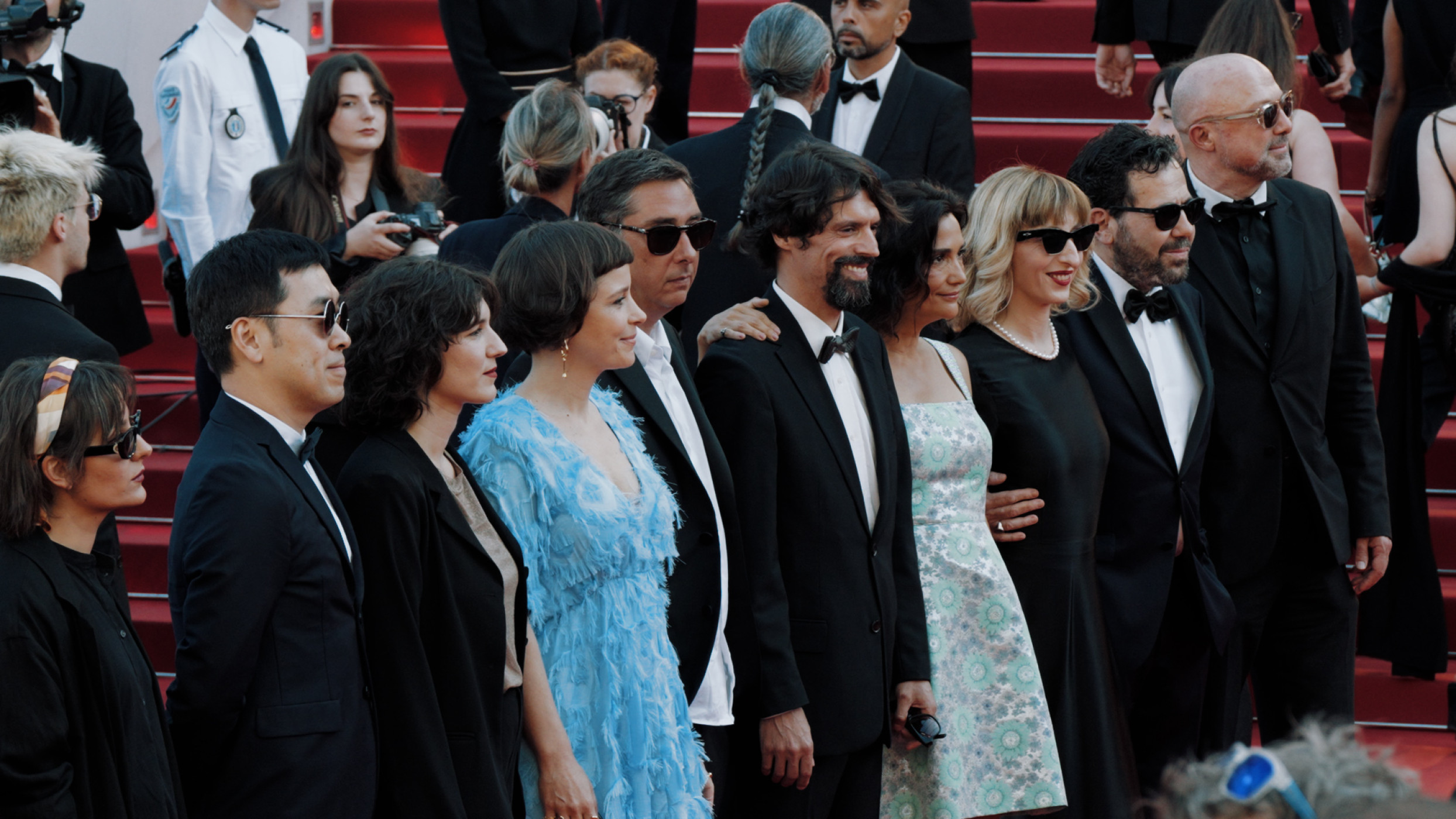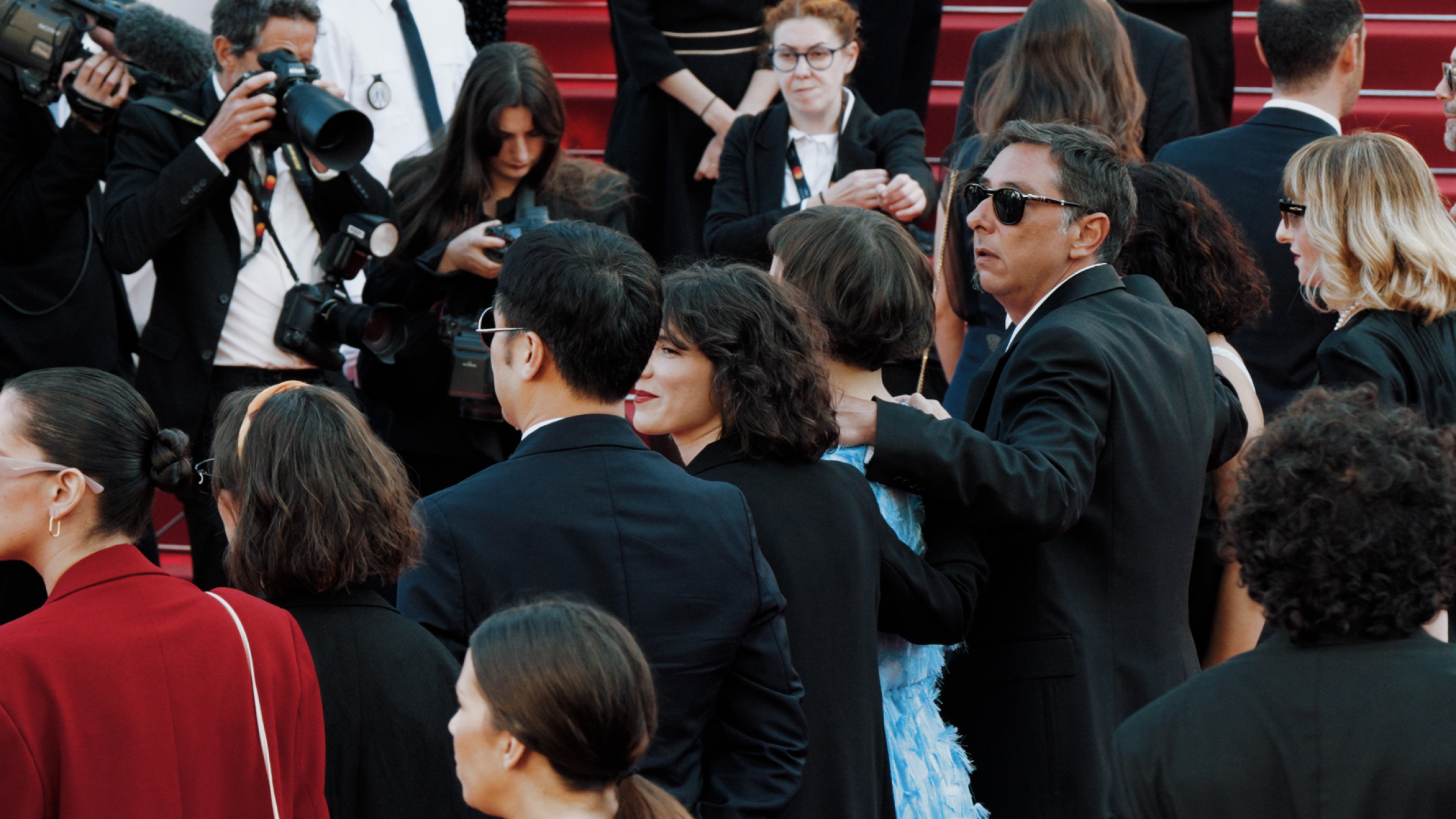
Cannes 2024: The Fairytale is always possible
This year the Cannes Film Festival seemed to have a collective yearning for fairy tales. Most directors presented a spectacle of optimism, metamorphosis, and unique perspectives on the chaotic and dramatic events currently unfolding in the world. The need to transform reality feels palpable, and such films provide a necessary psychotherapeutic effect for audiences. The central theme of the 2024 festival is the possibility of starting a new life and turning a new page, regardless of circumstances.
It's fitting, then, that the Palme d'Or was awarded to Sean Baker's American film, Anora. The film combines a beautiful story, the lightness of being, a healthy sense of humor, and a happy ending. Anora is a wild roller coaster ride (or «russian mountains») in New York City, featuring an ensemble of Russian actors in the leading roles. Anora, the protagonist, is a modern Cinderella from Brooklyn working in a brothel, who unexpectedly gets a ticket to a new life through Vanya, the son of a Russian oligarch, who is spending his wild American vacation there. The result is a hipster version of Pretty Woman, where the sex worker finds her young Richard Gere. The "newlyweds' head to Las Vegas to get married, but the oligarch parents, unsurprisingly unhappy, fly to America to intervene. Anora, however, sees this as a sign of destiny, squares her shoulders, and begins a new life.
The feminist narrative reflected in almost all the competitive films this year, even in Sean Baker's audience-pleaser, stands out. Anora refuses to conform to the circumstances and demands of the wealthy and decadent family. Like Babette, she goes to war to fight for her destiny. In this film, not only does Anora change, but so does the Russian guy, the typical "gopnik" tasked by his parents to guard the unruly Cinderella. Played by Yuri Borisov, known to western audiences from Compartment No. 6, he unexpectedly shows compassion and empathy, transforming the reality of the main heroine. With its high entertainment value, typical Russian snow in the end of the story, and New Year's atmosphere, Sean Baker's adventure might become an excellent Christmas and family film in the future.
Similarly seeking justice is Demi Moore's character in Coralie Fargeat's The Substance (best Screenplay award). In this film, a seasoned TV star is being sidelined by "white" male producers due to her age, but she decides to experiment to regain her youth and beauty. This turns into one of the best and most self-ironic statements on female revenge and revolution in a patriarchal world that still predominantly objectifies female beauty. Pushed to the brink, the protagonist embarks on a bloody campaign against these norms, transforming before our eyes. Audiences, too, find themselves splashed with blood, as the film's visceral visuals break the fourth wall.
Both Anora and The Substance exemplify this year's Cannes theme of transformation and resilience. These films, though vastly different in tone and style, share a common thread of characters refusing to accept their given circumstances and fighting for their own identities and destinies. In a world fraught with turmoil, these stories offer a refreshing, albeit dramatic, escape, reminding viewers of the power of personal reinvention.
Jacques Audiard's Emilia Perez, which won both the Jury Prize and the Best Actress Award, exemplifies the festival's theme of transformation through a naive fairytale presented as a musical. This optimistic, grand spectacle quickly became a favorite among critics and audiences alike. The touching story of a ruthless Mexican drug lord seeking redemption by starting anew is irresistibly compelling. With the help of a talented lawyer and a gender transition, this hardened criminal is reborn as an attractive woman, embracing her new life with open arms, dedicating herself to charity and kindness. Audiard’s film vividly illustrates the possibility of even the most notorious criminal transforming into a good person, artistically echoing the famous quote by the late French political figure Robert Badinter, who abolished the death penalty in France: "We must reserve for the human the chance to become better." If a drug lord can change for the better, perhaps there is hope for the world’s transformation as well—a utopian fairy tale worth believing in.
This year’s Best Director award went to Portuguese filmmaker Miguel Gomes, who invites Western audiences into the enchanting world of the East in his film Grand Tour. Through a dreamlike black-and-white journey across Southeast Asia, seen through the eyes of a British civil servant from Burma and his abandoned fiancée, Gomes offers a glimpse of the best of worlds. Set in 1917, yet interspersed with modern color footage, the film underscores the timeless beauty and enigmatic nature of the Eastern world, untouched and elusive to the European mind. Gomes recreates this Eastern paradise in his pavilions, crafting his own Hanging Gardens of Babylon, showing that through cinema, illusion and reality can seamlessly merge.
Even serious political manifestos found their place at Cannes this year. Iranian filmmaker Mohammad Rasoulof's The Seed of the Sacred Fig (Special Prize) tells the powerful story of female protests in Iran. The film focuses on a judge who personally enforces repressive measures against protesters, extending his paranoia to his own family—his wife and two daughters. However, the daughters choose to resist this tyranny, refusing to conform to such oppressive rules. This inspiring film, though rooted in the harsh reality of Iran, resonates with audiences worldwide, offering a realistic yet hopeful narrative of overcoming severe circumstances.
An excellent epigraph to this year’s festival could be the winner of the Un Certain Regard program. Black Dog, a bold and free-spirited film by Chinese director Guan Hu, tells a fairy-tale-like story of the friendship between a man and a dog. The protagonist, played by Eddie Peng, encounters a dog that profoundly influences his life and changes his fate. This magical connection transcended the screen, as Peng formed such a strong bond with his canine co-star, a mix of Jack Russell and greyhound, that he adopted the stray dog after filming ended, thanking her for changing his outlook on life. This heartwarming real-life story serves as proof that fairy tales can indeed become reality.
So, it was clear that Cannes 2024 had successfully captured the zeitgeist, offering not just entertainment, but a sense of hope and renewal. Through stories of personal and societal metamorphosis, the films showcased this year not only entertained but also provided a glimmer of hope and inspiration, reaffirming the belief that change is always possible.
Text: Editorial team


